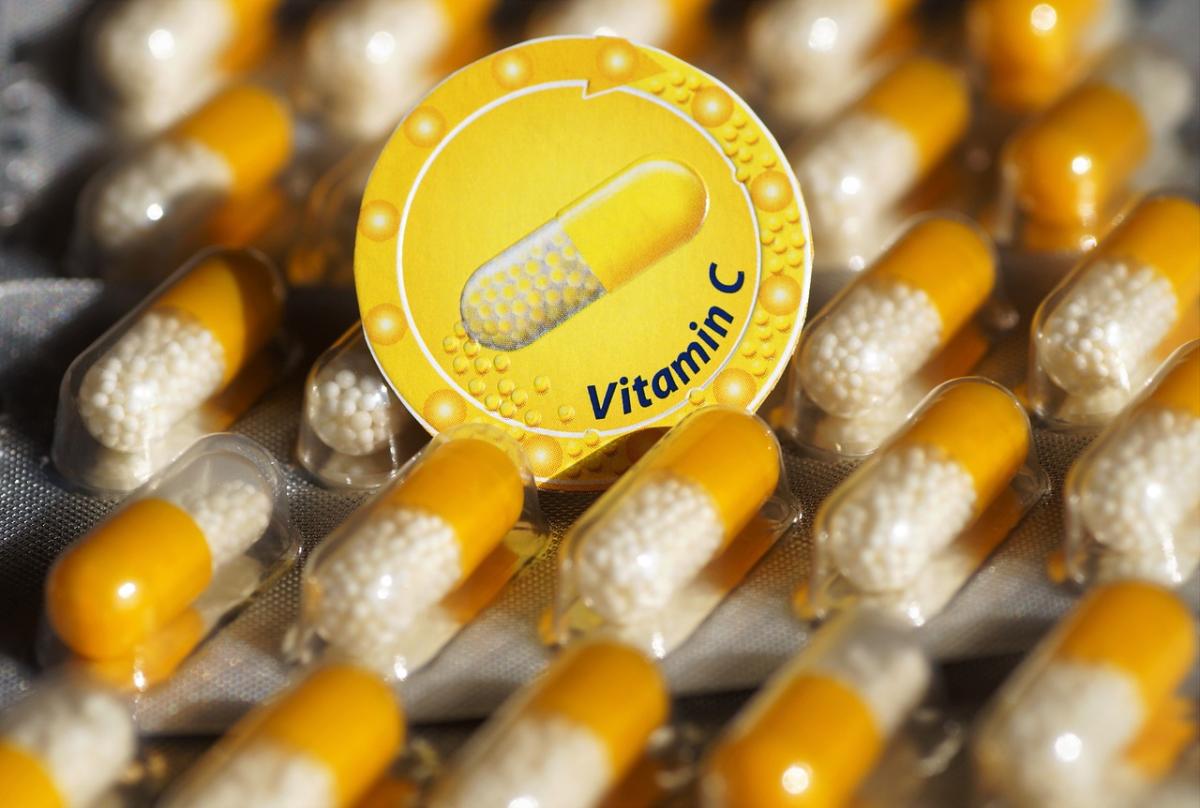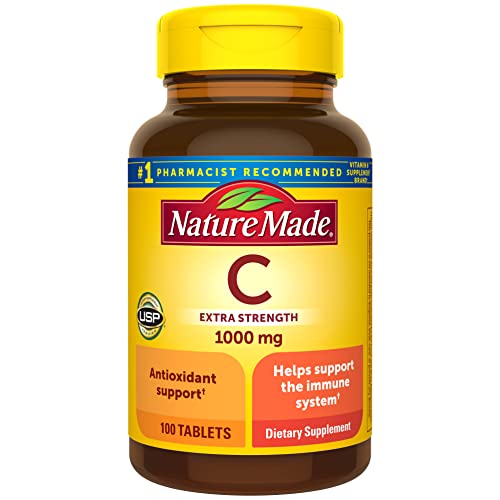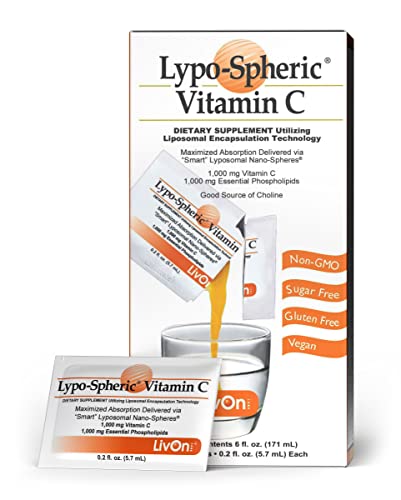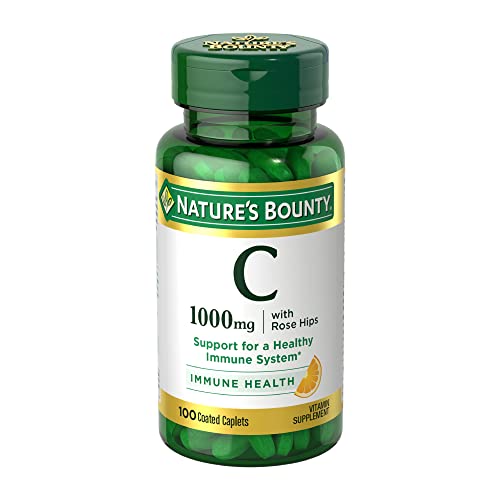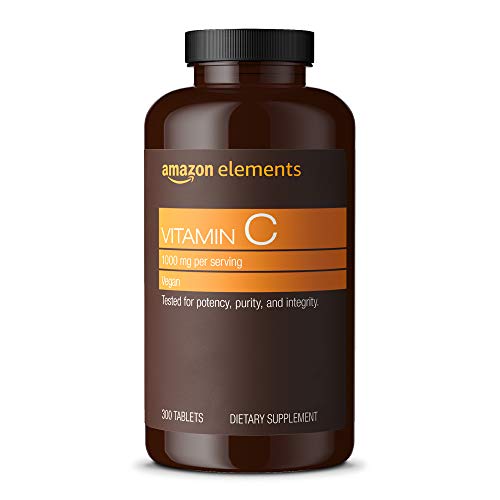Vitamin C isn’t just a trendy vitamin you hear about from wellness influencers; it really plays a key role in keeping your immune system strong. When you're looking to fend off those pesky colds or flu, Vitamin C is your go-to buddy. It helps produce white blood cells, which are crucial for fighting off infections. Think of them as your body’s tiny superheroes defending against germs!
What’s cool about Vitamin C is that it also acts as a powerful antioxidant. This means it helps protect your cells from damage caused by free radicals. These free radicals can sneak in from pollution, smoke, and even stress! By neutralizing them, Vitamin C allows your immune system to work more effectively, keeping you healthier in the long run.
If you want to up your Vitamin C intake, there are plenty of tasty options. Citrus fruits like oranges and grapefruits are classic choices, but don’t forget about strawberries, kiwi, bell peppers, and broccoli! Adding these to your meals or snacks is an easy way to boost your vitamin intake without feeling like you're taking a ton of supplements.
When considering supplements, it's important to choose a high-quality product. Look for forms like ascorbic acid or sodium ascorbate, which are easily absorbed by your body. Don’t go overboard, though! More isn’t always better, as excessive Vitamin C can sometimes lead to stomach upset. A good amount to aim for is around 500 to 1000 mg daily, but chatting with a healthcare provider is always a good idea if you have concerns.
Top Food Sources of Vitamin C
If you’re looking to boost your Vitamin C intake, you’ll be happy to know there are plenty of delicious options to choose from! This powerhouse vitamin is essential for immune support, and you can easily get your fill from everyday foods. Let’s dig into some of the top sources of Vitamin C that you can easily add to your diet.
1. Citrus Fruits: Oranges, grapefruits, lemons, and limes are probably the most well-known sources. A medium orange packs about 70 mg of Vitamin C, making it a tasty way to start your day!
2. Bell Peppers: These colorful veggies aren't just pretty; they’re packed with nutrients! A cup of chopped red bell pepper has around 190 mg of Vitamin C, which is more than double the recommended daily value.
3. Kiwi: This tiny fruit might not be on everyone's radar, but it’s a Vitamin C superstar! One medium kiwi gives you about 71 mg. Plus, it’s delicious and easy to toss into smoothies or salads.
4. Broccoli: Yep, your mom was right about eating your veggies! One cup of cooked broccoli provides about 100 mg of this essential vitamin. Steam it lightly to keep those nutrients intact!
5. Strawberries: Who doesn’t love strawberries? A cup of these juicy berries is an excellent source, delivering about 85 mg of Vitamin C. They make a sweet snack or can be thrown into yogurt and desserts.
Easy Ways to Add Vitamin C
Adding Vitamin C to your diet doesn’t have to be complicated! There are plenty of simple ways to sneak this immune-boosting vitamin into your daily routine. Here are some easy suggestions to get you started:
With these easy changes, you're well on your way to making Vitamin C a regular part of your meals and snacks. It’s all about making simple choices that fit into your life!
Signs You Need More Vitamin C
Vitamin C is essential for keeping our immune system in tip-top shape. But how do you know if you're not getting enough? Here are some telltale signs that it might be time to boost your vitamin C intake.
Frequent Colds: If it feels like you're always battling the sniffles, it could be a sign your body needs more vitamin C. This vitamin plays a critical role in supporting our immune defenses, so feeling under the weather often might be a clue.
Gums Are Bleeding: Are your gums looking a little worse for wear? If you notice bleeding when you brush your teeth, it might be a sign of vitamin C deficiency. This vitamin helps keep your gums healthy, so it's important to pay attention to any changes.
Slow Healing: Taking a while to bounce back from cuts or bruises? Vitamin C is vital for wound healing, as it helps regenerate tissues. If you’re finding that your body isn’t healing up as fast as it used to, consider checking your diet.
Feeling Tired All the Time: Constantly fatigued? Low energy can sometimes be linked to a lack of vitamin C. This nutrient is key in keeping your energy levels up and your body functioning smoothly, so fatigue might be a signal that you need a boost.
